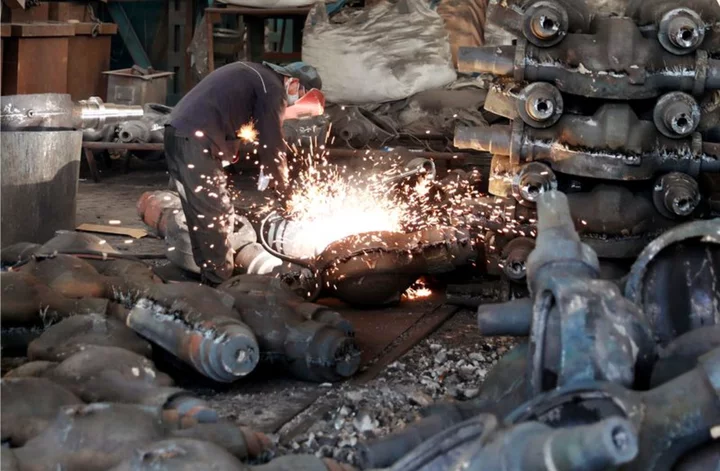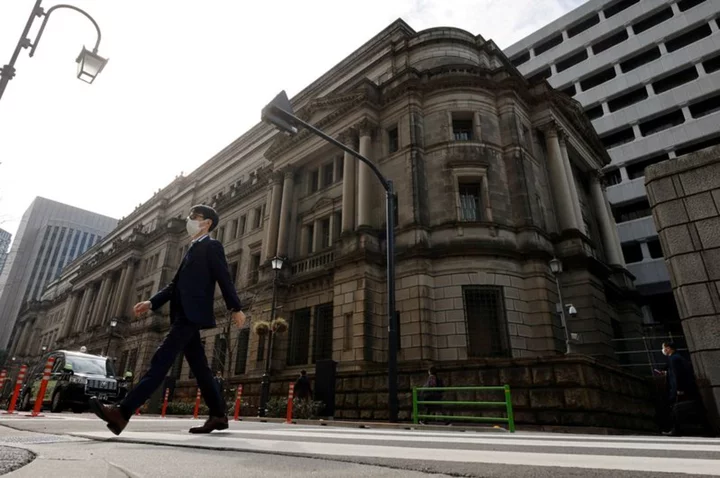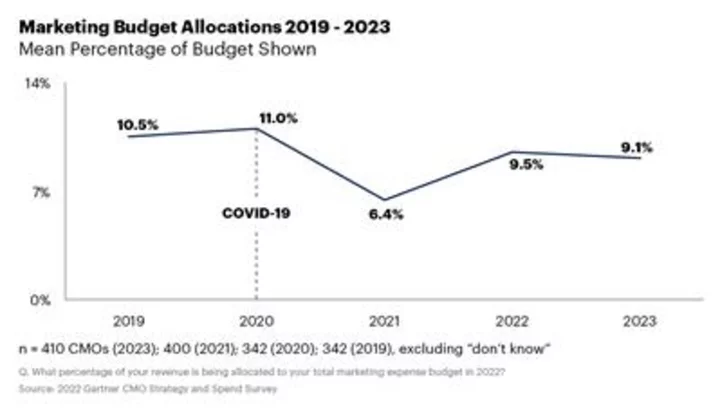BEIJING China's factory activity unexpectedly expanded in November, driven by rising orders, a private survey showed on Friday, but sluggish external demand continues to weigh on manufacturers.
The Caixin/S&P Global manufacturing PMI rose to 50.7 in November from a 49.5 reading in October, marking the fastest expansion in three months and surpassing analysts' forecasts of 49.8. The 50-point mark separates growth from contraction.
The manufacturing sector is struggling to recover with the official purchasing managers' index (PMI) falling for the second month on Thursday, despite China's better-than-expected economic growth in the third quarter.
The official and Caixin surveys have different samples, with the Caixin PMI focusing on export-oriented enterprises and small and medium-sized enterprises in the country's coastal region.
"The economy is running at different speeds across industries, though we expect the policy stance to remain proactive which will help to sustain overall growth momentum into the coming quarters," economists at HSBC said on Thursday.
The data was supported by the quickest rise since June in new orders received by Chinese goods producers in November.
Factory owners, hence, expanded their production and purchasing activity with the two sub-indexes rebounding to growth in November from contractions in October.
The world's second-biggest economy has shown a feeble post-pandemic recovery dragged by a property sector downturn, local government debt risks and slow global growth. The government has launched a slew of policy measures this year to prop up growth.
China's consumer prices swung lower in October, as key gauges of domestic demand pointed to weakness not seen since the pandemic, while factory-gate deflation deepened.
Optimism regarding the 12-month outlook increased to the highest since July. The survey said firms were hopeful that greater customer demand at home and overseas will support growth over the coming year.
Weak external demand was an important factor affecting factory activity, with the new export index registering 49.0 in November, having contracted for five consecutive months.
Payroll cuts in the sector persisted for the third month.
(Reporting by Liangping Gao and Ryan Woo; Editing by Jacqueline Wong)









